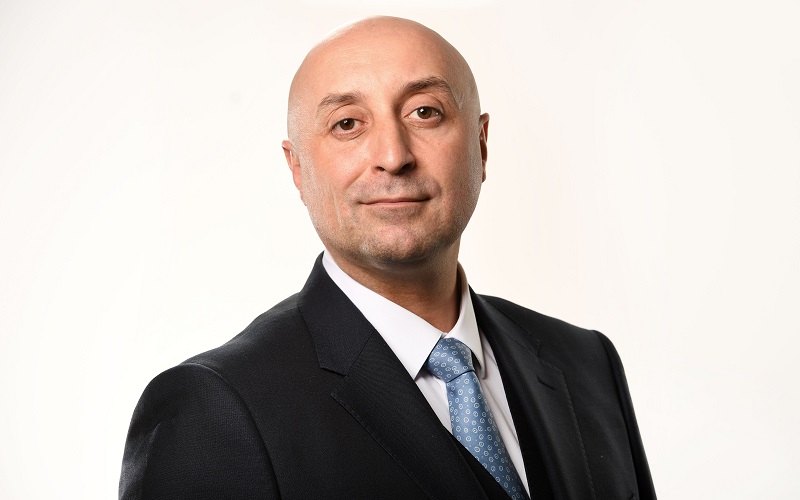
“I applaud the vision set out in No Wrong Door and believe we can have the greatest impact if the NHS and independent sector work together to tackle the nationwide mental health crisis.
“The report places much needed emphasis on how the government must focus more resources on prevention, as well as enhancing the availability of mental health support through expansion and transformation of mental health services. We need to encourage and educate people to take good care of their mental health on a day-to-day basis.
“It also rightly mentions the need for a stronger workforce. Future-proofing the workforce by motivating, recognising and rewarding staff is essential – our people are everything. Good care gives each individual the best chance of recovery. I believe the independent sector can support the NHS to optimise its use of flexible staffing. Sector partners utilising region-wide staff banks would help ensure good standards of staffing as well as providing training and development opportunities that are not generally available to those covering agency shifts.
“Finally, it highlights the need for holistic care. Cygnet Health Care believes there is a need for an innovative approach to care and after-care that involves families and carers more. This will help meet the vision of whole-person care. Parity of esteem was enshrined in the UK in 2012 but the laudable aim still requires more attention in this area. Families are too often the missing jigsaw piece. The ripple effect of mental illness can keep going if we don’t do enough to support loved ones.
Relatives can struggle with a lack of information but filling that void with good communication and greater awareness can help to reduce relapse rates.”
The full report can be found on the NHS Confederation website.